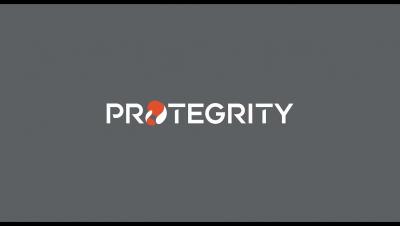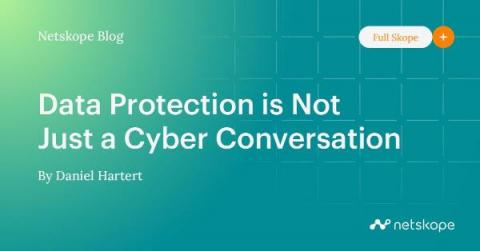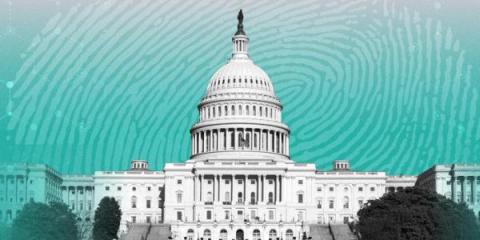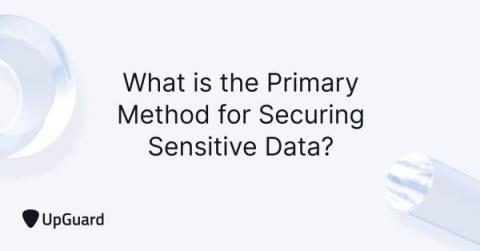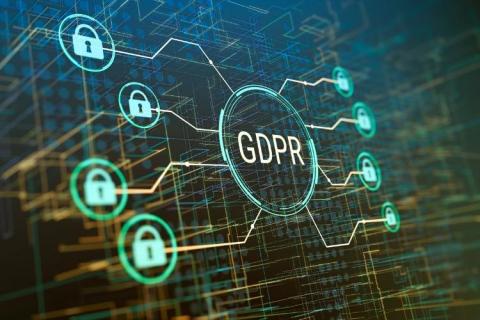Security | Threat Detection | Cyberattacks | DevSecOps | Compliance
Data Protection
Data Protection in Healthcare - 8 Tips for Securing Your Data
How to Protect Your Personal Data: Three Privacy Tips To Stay Ahead
Technology has advanced our world in countless ways. Every day we bank, shop, conduct business, and exchange photos and messages with family and friends online. While digital devices and services offer great convenience, they also pose risks to our data and privacy as our offline and online lives converge. In 2021, data breaches reached an all-time high of 1,862, according to the Identity Theft Resource Center (ITRC), a 68% increase over 2020.
Synopsys and the new Automated Source Code Data Protection Measure have you covered
Improve Your Cloud Data Protection Through Protegrity's S3 AWS Marketplace Integrations
Data Protection Is Not Just A Cyber Conversation
Before I became an advisor to Netskope, I was a long serving CIO and CEO for organisations including Bayer and Philips. I have spent many hours sitting in board meetings discussing data protection with colleagues and as a result I am confused by assertions I hear that data protection is only the IT team’s problem. In my experience, the majority of data protection conversations that reach the board are, in fact, driven by legal teams, who then partner with IT to devise and execute plans.
It's Time for a Federal Data Privacy Law in the U.S.
New state-level data privacy laws just keep coming. By the end of 2023, California will transition to the CPRA, and residents of Virginia, Colorado, Utah, and Connecticut will be covered by more expansive state privacy laws. With 10% of U.S. states covered by data privacy legislation by the end of next year, it’s clear there’s a need for federal legislation as well. I’m pleased to see reports of positive momentum on this topic in Washington.
What is the Primary Method for Protecting Sensitive Data?
Securing sensitive data in today’s digital world has become increasingly complex and challenging, especially if parties practice poor data management, network security, encryption methods, or endpoint protection. As cyber attacks continue to grow, it’s absolutely necessary to maintain stronger cybersecurity practices.






